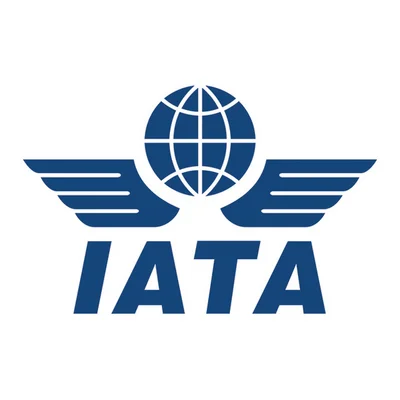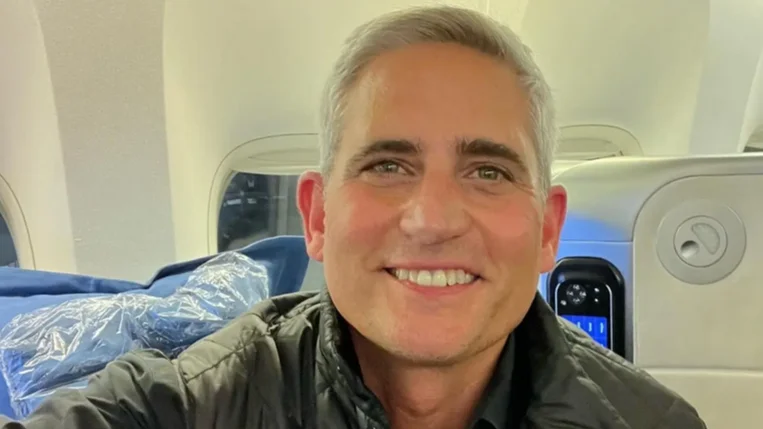Earlier this year revealed a significant rise in applications for air traffic controller positions, as reported by JALOPNIK. The surge is attributed to various factors, most notably an increase in trainee pay by the Federal Aviation Administration (FAA). Trainees are now receiving an hourly wage increase, from $17.61 to $22.61, adding over five dollars per hour. This financial incentive, coupled with changes to the hiring process under acting FAA Administrator Chris Rocheleau, has contributed to the heightened interest. The process, which traditionally spanned several years, has seen a reduction of nearly five months.
The path to becoming an air traffic control specialist, a high-earning job that does not require a bachelor’s degree, involves passing several entry criteria and examinations, including the Air Traffic Skills Assessment (ATSA). Yedidya, an expert from Job Test Prep, emphasizes that "the highly demanding nature of the ATSA test and the vast competition... thorough preparation is highly recommended." This year, over 7,500 candidates achieved scores high enough to proceed to training at the FAA Academy in Oklahoma City.
Candidates undergo a 16-week training course at the Academy, gearing up for the demanding schedules that qualified air traffic controllers face. The process ensures the capability to handle the intricacies of air traffic management.
 Alerts Sign-up
Alerts Sign-up




































